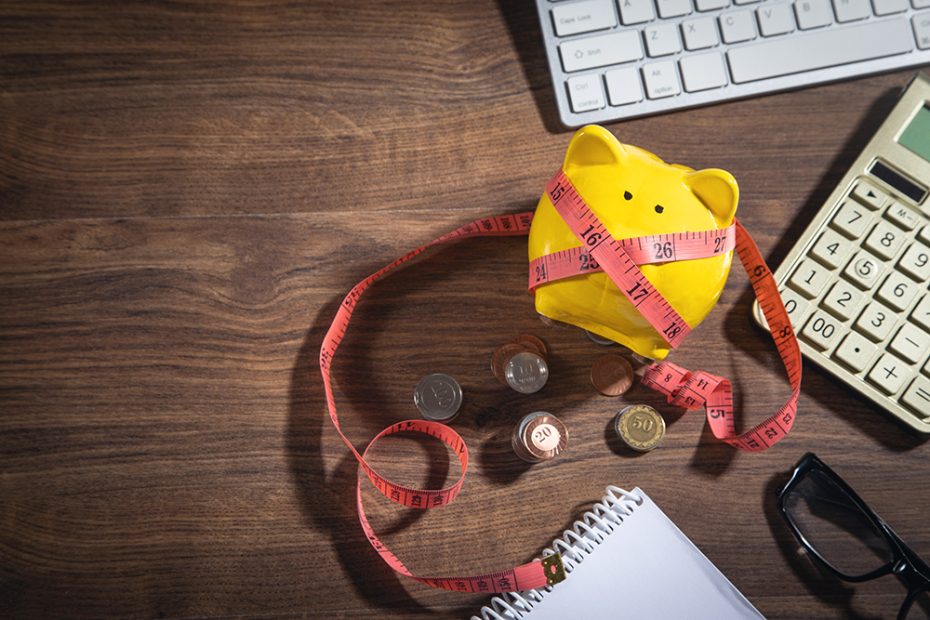Taking control of your financial health might sound overwhelming, but it doesn’t have to be! With just a few simple, everyday habits, you can start building a stronger financial foundation that supports your goals. You don’t need to be a financial expert—just a bit of consistency and awareness can make a world of difference. Here are five easy habits you can start today to help set yourself up for a more stable, stress-free financial future.
- Create and Stick to a Budget
A budget is the cornerstone of good financial health. Think of it as a roadmap for your money: it shows you where your funds are coming from and where they’re going. Start by listing your income and essential expenses (like rent, utilities, and groceries). Then, allocate funds for other expenses, such as savings, debt payments, and discretionary spending.
Tip: Start with a simple budgeting method, like the 50/30/20 rule:
- 50% of your income goes to necessities,
- 30% to discretionary spending, and
- 20% to savings or debt repayment.
Using a budgeting app like Mint or You Need A Budget (YNAB) can help you track your spending and stay on course.
- Pay Yourself First
“Paying yourself first” means setting aside money for savings as soon as you receive your income—before you pay any bills or make purchases. This ensures that saving becomes a priority rather than an afterthought. Even if you start with a small amount, consistently contributing to savings each month can build a safety net over time.
Tip: Automate your savings if possible. Set up an automatic transfer from your checking account to a savings account each payday. This makes it easier to grow your savings without having to think about it.
- Track Your Spending
Tracking where your money goes can be eye-opening. Many people underestimate how much they spend on small, everyday items like coffee, takeout, or streaming subscriptions. By keeping track of your expenses, you’ll become more aware of your spending habits and find areas where you can cut back if needed.
Tip: Try tracking your spending for a month. You can use an app, a spreadsheet, or even a simple notebook to record every expense. At the end of the month, review your spending and identify areas where you might adjust to align with your financial goals.
- Build an Emergency Fund
Life is full of unexpected expenses, from car repairs to medical bills. Having an emergency fund can help you cover these costs without going into debt. Aim to save at least three to six months’ worth of living expenses, but don’t worry if that seems too ambitious right now—just start with whatever you can manage.
Tip: Start with a small goal, like $500 or $1,000, for your emergency fund. This can provide a buffer for minor emergencies while you work toward a larger fund. Keep this money in a separate savings account so you’re less tempted to dip into it for non-emergencies.
- Review and Adjust Regularly
Your financial situation and goals may change over time, so it’s important to regularly review your budget, spending, and savings goals. Set aside a specific time each month to go over your finances, make adjustments if necessary, and celebrate your progress.
Tip: Treat your monthly review as a financial check-in. This is an opportunity to reflect on your progress, see if you’re meeting your goals, and adjust your budget or savings plan if needed. This habit keeps you proactive about your finances and helps you stay aligned with your long-term goals.
Final Thoughts
Improving your financial health doesn’t require drastic changes or expert knowledge—just a few consistent habits and a willingness to stay on track. By budgeting, saving, tracking, and reviewing your finances, you can gradually build a stronger financial foundation and feel more confident about your future. Start small, be consistent, and remember that every little step brings you closer to financial wellness.
Ready to improve your financial health? Start incorporating these simple habits today and watch as your finances become more manageable and less stressful.
